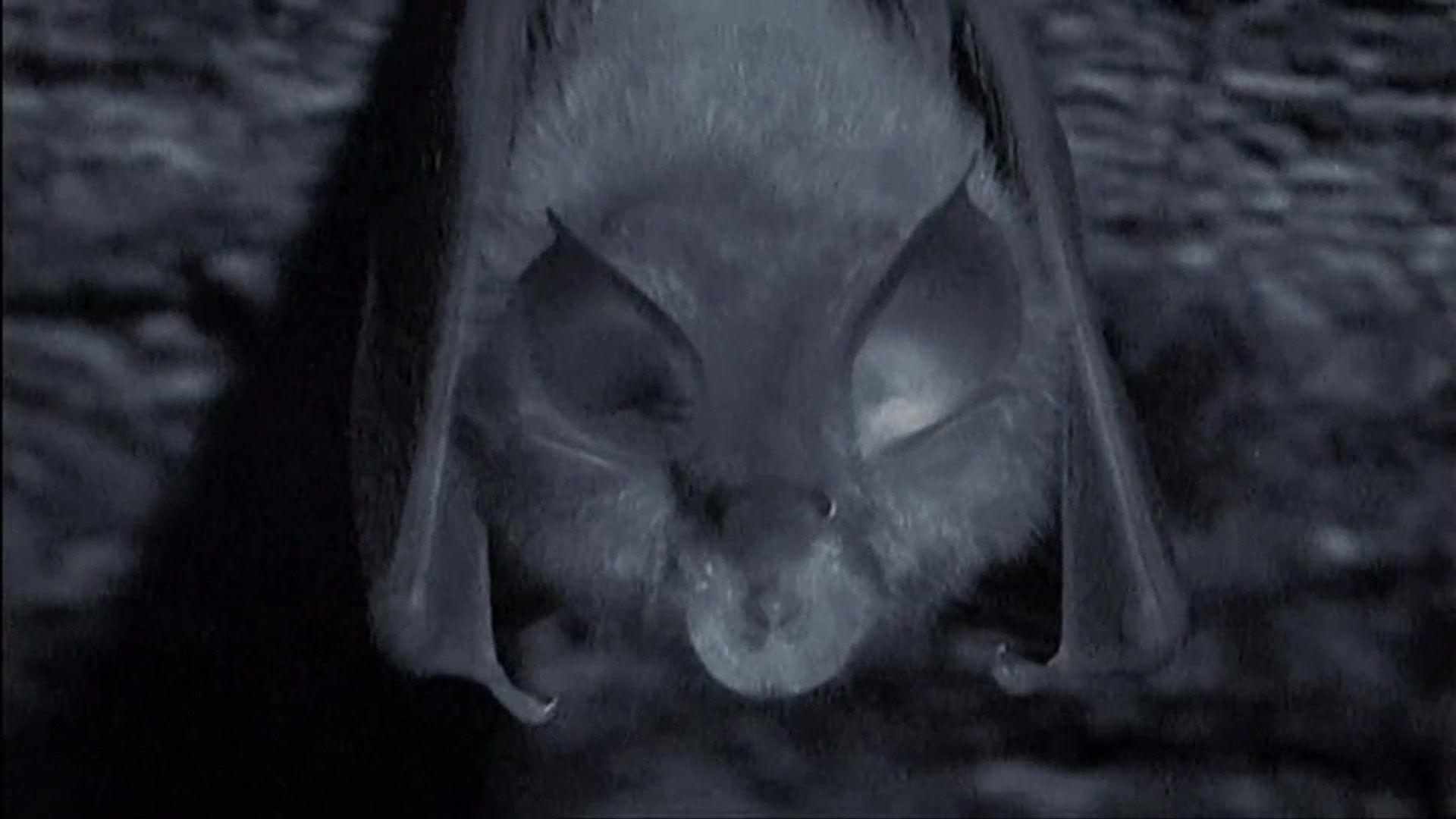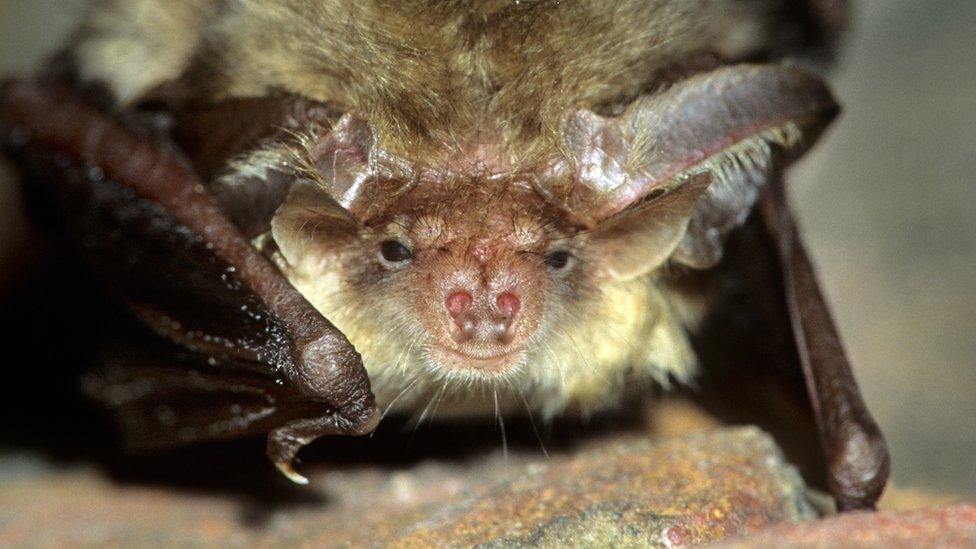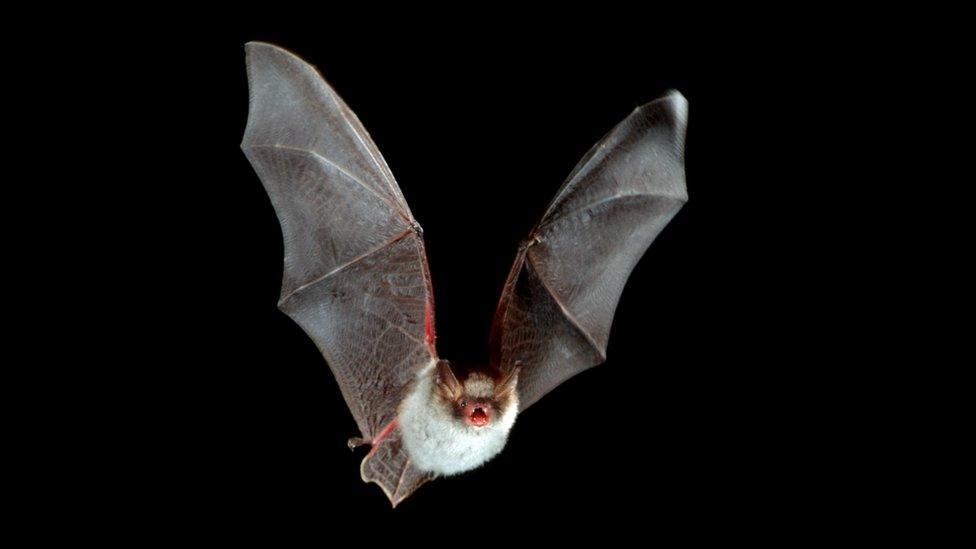Church helped to reopen after bat dropping problem

The Bats In Churches Project started in 2018 and ran until the end of October 2023
At a glance
The Bats in Churches five-year project helped St Moran Church in Lamorran Cornwall
The church is home to two bat colonies
The church had a bat survey and steps were made to improve the church for both the bats and congregation
- Published
A church in Cornwall that was closed for nine years because of the damaging effects of constant bat droppings has been helped to reopen.
St Moran Church in Lamorran, Cornwall, was closed in 2014 after the bats were able to enter the church through Victorian cladding and fixtures and fittings began to severely deteriorate.
With the help of the Bats In Churches project, modifications took place to protect the historic building - including building a special bat loft - and the church has been able to reopen.
The church remains home to Greater Horseshoe, Lesser horseshoe Bats, Common and Soprano pipistrelles and Brown Long-eared bats.
'God's creatures'
Bats and their roosts are protected by law and so their roosts in the church could not be moved, modified or destroyed.
"Bat's are God's creatures like we are, we've somehow got to find a way of living with them," Nick Jeans, a member of the congregation, said.
He added that when the bats were able to enter the church, the top of the organ and windowsill were covered in bat droppings and it would take about four hours to get the church "vaguely clean".
Due to this, it was decided that the church would have to close until something could be done about the problem, he said.
The Bats in Churches project commissioned Burton Reid Associates to carry out a survey to find out how the church was being used by the bats.
The church originally had the Victorian cladding but, following the survey, false ceilings were made to create a dedicated bat loft, which allows the bats to fly around without entering the nave, the project said.
As a result of the help given by Bats in Churches, St Moran Church re-opened in January 2023.
The Bats in Churches project, which concluded in October 2023 after working with more than 100 churches across England, was the result of the coming together of Natural England, the Church of England, Historic England, the Bat Conservation Trust and the Churches Conservation Trust.
It secured funding from The National Lottery Heritage Fund, with additional funding from the partners and the AllChurches Trust.
Representatives from the project have suggested future recommendations following the conclusion of the five-year scheme.
These suggestions included small maintenance grants for churches to help with their bats, more bat awareness for churches and more church awareness for bat workers.
Follow BBC News South West on X (formerly Twitter), external, Facebook, external and Instagram, external. Send your story ideas to spotlight@bbc.co.uk, external.
- Published20 August 2023

- Published25 October 2023
